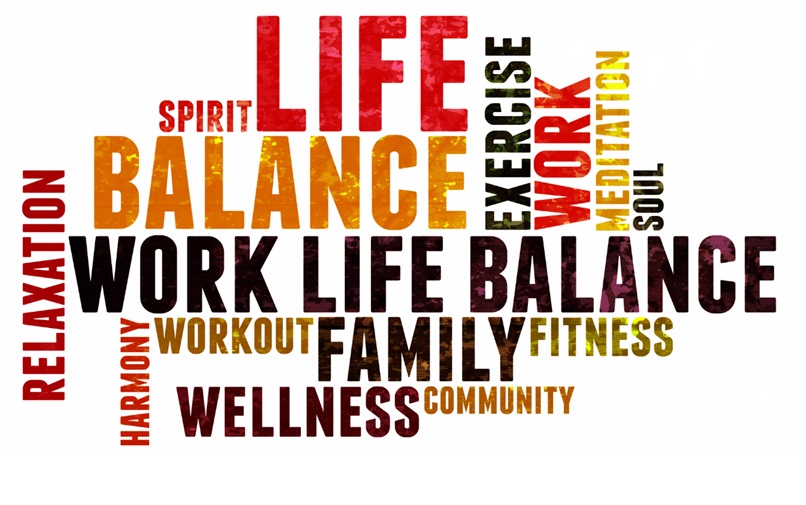
Work-life balance is a hot topic for many professionals, but it is especially important for physicians. Physicians often have to work long hours and make difficult decisions that can impact their patients’ lives. It is crucial for physicians to find a way to achieve a good work-life balance so they can be effective both at work and at home. In this post, we will discuss what work-life balance means for physicians, why it is important, and how you can achieve it.
What is Work-Life Balance for Physicians?
Work-life balance for physicians involves creating a lifestyle where you can attend to both your job and your personal life. It means that you take care of yourself, your family, and your career in a way that allows you to be productive at work and still have time for yourself and those you care about. Work-life balance does not necessarily mean equal amounts of time devoted to both work and other activities, but instead, it is an approach to finding a balance between these two aspects of life. This way, you can prioritize the activities that are most important to you and work towards achieving your goals.
Why is Work-Life Balance Important for Physicians?
Work-life balance is essential for physicians because it ensures that they have the energy and resources to effectively do their job. When a physician is overworked and overwhelmed, they are more likely to make mistakes or decisions that are not in the best interest of their patients. Additionally, maintaining a good work-life balance allows physicians to have a better quality of life.
Burnout is a real concern for those in the medical field, and having a work-life balance can help prevent this. By understanding the top fears that hold doctors back, one can focus on what’s important and overcome these fears. Furthermore, having a healthy balance between work and other activities allows physicians to stay energized and motivated and to better manage stress and job satisfaction.
How to Achieve Work-Life Balance as a Physician?
Achieving work-life balance as a physician may seem like an impossible task, but it is possible if you prioritize and plan. You may even consider physician burnout retreats to help you establish healthy habits. Including activities in your life that are not related to work, such as spending time with family and friends or pursuing hobbies, can help you create a better balance. It is also important to recognize when you are working too hard and take breaks when necessary.
Finally, it can be helpful to set boundaries, develop a work schedule that works for you and your family, and learn to say “no” when it is necessary. These strategies can help you achieve a better balance between your work and personal life. And if you find yourself feeling overwhelmed, it is important to take the time for self-care and seek help from a healthcare professional if needed.
Wrapping Up
Work-life balance is an important issue for physicians and one that should not be taken lightly. By understanding what work-life balance means, why it is important, and how to achieve it, you can create a healthy lifestyle that allows you to be productive and successful at work while still taking care of yourself and those you love.

